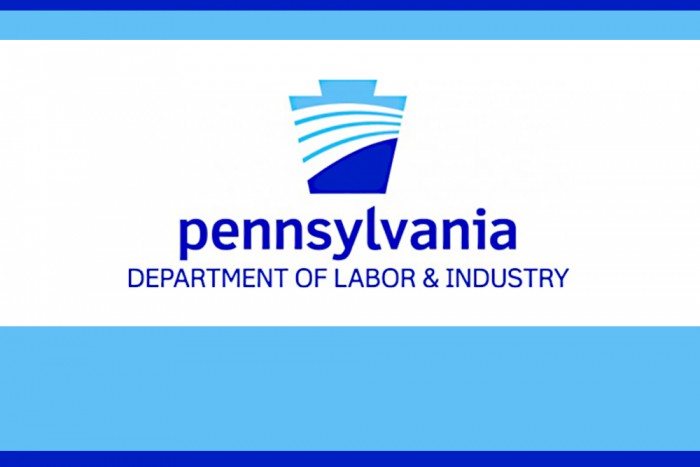The Federal Department of Health and Human Services (HHS), through the Health Resources and Services Administration (HRSA), has announced a new application cycle for $25.5 billion in COVID-19 provider funding. Applicants will be able to apply for both Provider Relief Fund (PRF) Phase 4 and American Rescue Plan (ARP) Rural payments during the application process. PRF Phase 4 is open to a broad range of providers with changes in operating revenues and expenses. ARP Rural is open to providers who serve rural patients covered by Medicare, Medicaid, or the Children’s Health Insurance Program (CHIP).
The application is open now and will close on October 26, 2021 at 11:59 pm ET. Providers who have previously created an account in the Provider Relief Fund Application and Attestation Portal and have not logged in for more than 90 days will need to first reset their password before starting a new application. In order to streamline the application process and minimize administrative burdens, providers will apply for both programs in a single application.
Technical Assistance Webinars
HHS recently hosted a briefing session to provide information about these upcoming funding opportunities – view the video. HRSA will be hosting webinar sessions for Phase 4 and ARP Rural applicants, featuring guidance on how to navigate the application portal.
- Thursday, September 30, 3:00 pm – 4:00 pm ET – register to attend
- Tuesday, October 5, 3:00 pm – 4:00 pm ET – register to attend
- Wednesday, October 13, 3:00 pm – 4:00 pm ET – register to attend
- Thursday, October 21, 3:00 pm – 4:00 pm ET – register to attend
Real time technical assistance is available by calling the Provider Support Line at (866) 569-3522, for TTY dial 711. Hours of operation are 8:00 am–10:00 pm CT, Monday through Friday.
RCPA will continue to monitor this new round of funding and update members on the implementation process. If you have questions, please contact your RCPA Policy Director.
















